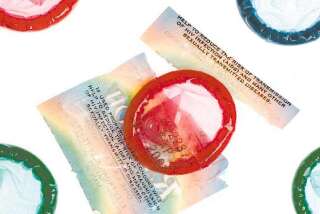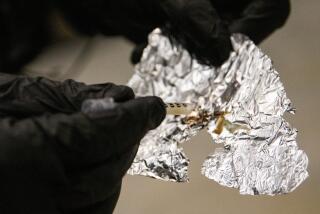Maine middle school allowed to provide birth control pills
- Share via
PORTLAND, MAINE — The school board approved a proposal Wednesday for pupils at a city middle school to be able to get birth control pills and patches at their student health center.
The plan, offered by city health officials, makes King Middle School the first middle school in Maine to make a full range of contraception available to students in grades six through eight, according to the state Department of Health and Human Services.
There are no national figures on how many middle schools, where most students range in age from 11 to 13, provide such services. “It’s very rare that middle schools do this,” said Divya Mohan, a spokeswoman for the National Assembly on School-Based Health Care.
The Portland School Committee voted 5-2 for the measure.
Chairman John Coynie voted against it, saying he believed providing birth control was a parental responsibility. The other “no” vote came from Ben Meiklejohn, who said the consent form did not clearly define the services.
Opponents cited religious and health objections.
Diane Miller said she believed the plan was against religion and against God. Another opponent, Peter Allen, said he thought it violated parents’ rights and put students at risk of cancer because of hormones in the pill.
A supporter, Richard Verrier, said it’s not enough to depend on parents to protect their children because there may be students who can’t discuss things with their parents.
Condoms have been available since 2002 to King students who have parental permission to be treated at its health center.
About one-fourth of student health centers that serve at least one grade of adolescents 11 and older dispense some form of contraception, said Mohan, whose Washington-based organization represents more than 1,700 school-based centers nationwide.
At King Middle School, birth control prescriptions will be given after a student undergoes a physical exam by a physician or nurse practitioner, said Lisa Belanger, who oversees Portland’s student health centers.
Students treated at the centers must get written parental permission, but under state law such treatment is confidential, and students decide for themselves whether to tell their parents about the services they receive.
A high school in Topeka, Kan., on Wednesday stopped providing free condoms to students after district officials learned of the month-old program.
More to Read
Sign up for Essential California
The most important California stories and recommendations in your inbox every morning.
You may occasionally receive promotional content from the Los Angeles Times.










